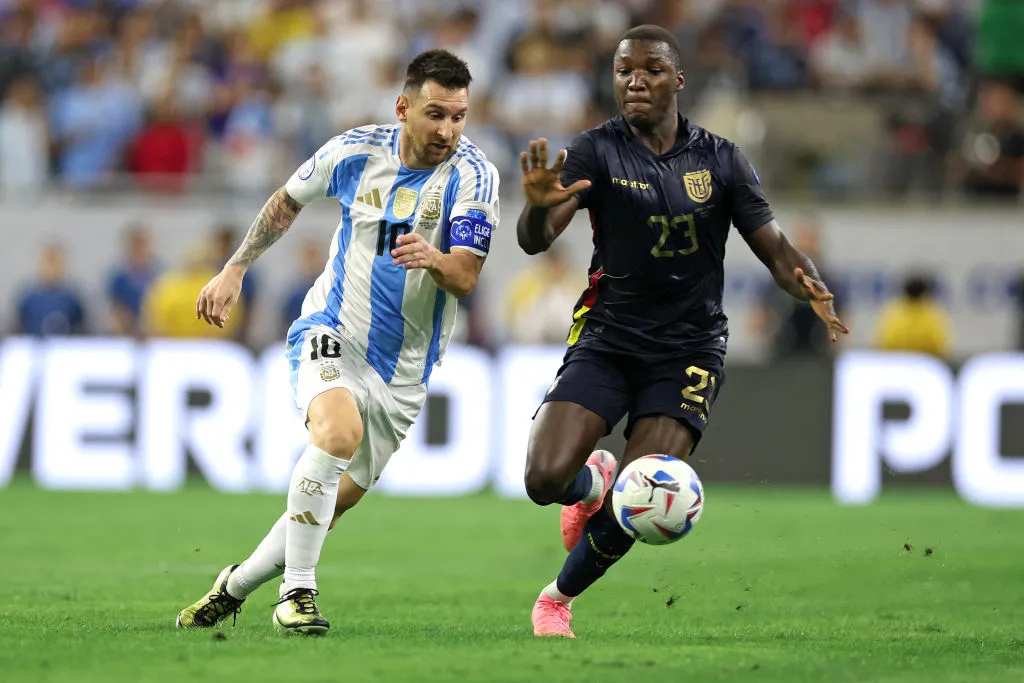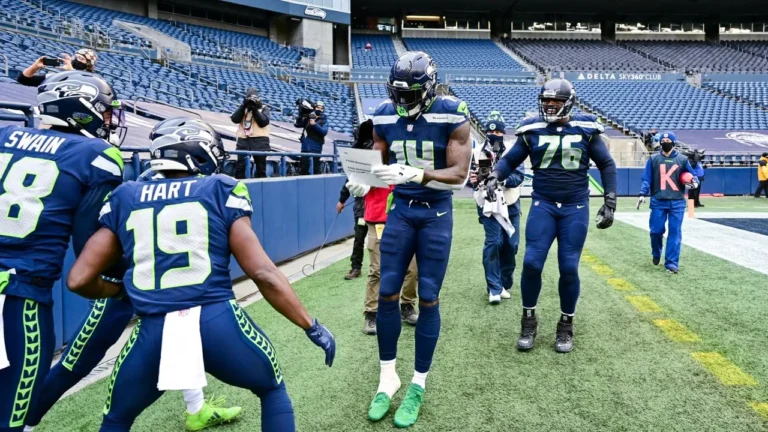Football, known as soccer in some parts of the world, is more than just a game. It’s a global phenomenon that unites millions, transcending cultures and borders. The significance of football lies not only in its widespread popularity but also in its ability to bring people together, whether they’re playing, watching, or cheering from the sidelines. Understanding football’s history enriches our appreciation of the game and highlights how it has evolved over centuries. It sheds light on the milestones and key figures who have contributed to making football the beloved sport it is today.
https://sites.google.com/view/ritualsadventskalender/home
https://docs.google.com/document/d/1m86zvAJkNbXHAepkT2iApwVVxom1LI9Jy7NI7PgsKEw/edit?usp=sharing
https://docs.google.com/spreadsheets/d/1gaJ8x91kvKU0YFDIJV-ejqJyrr9FPM9itoUcWU0rNuI/edit?usp=sharing
https://calendar.app.google/7fWDCHTnBwBPCPT27
https://docs.google.com/presentation/d/1UWavrwXWhGrLRGst5ONcp0mWYkVGsFwMLeWosFSU4Rw/edit?usp=sharing
https://forms.gle/DUuMrrBzSavwgmhx5
Ancient Origins of Football
The journey through football history begins in ancient civilizations, where early forms of football-like games were played. These ancient versions of the game laid the foundation for modern football, showcasing the universal appeal of ball games.
In China, records indicate that as early as the 2nd century BC, a game called cuju was played. Players kicked a leather ball filled with feathers into a small net, resembling a rudimentary form of football.
Greece also contributed to football’s early history with a game called episkyros, where teams used their feet to move a ball across a marked field, scoring by getting the ball past their opponents.
In Rome, a game known as harpastum was popular. It involved a ball and was played by two teams, emphasizing teamwork and strategy, elements central to modern football.
These early games illustrate football’s deep-rooted history, showcasing how different cultures contributed to the evolution of the sport we know today.
Football’s Global Spread
Football’s journey from a local pastime to a global phenomenon was significantly influenced by British colonization. As the British Empire expanded during the 19th and early 20th centuries, it carried football with it. British expatriates and soldiers introduced the game to various parts of the world, including Africa, Asia, and the Americas. This global spread was facilitated by British trade and military presence, establishing football clubs and leagues in new regions.
In South America, football quickly gained popularity. Countries like Brazil and Argentina embraced the game with fervor, leading to the formation of local leagues and teams. South American players became renowned for their skill and creativity, and the region’s passion for football greatly enriched the sport’s global appeal.
In Europe, football’s rise was equally significant. The game took root in countries like Spain, Italy, and Germany, where local leagues and national competitions flourished. Europe became a hub of football innovation, with the creation of prominent leagues and the hosting of major international tournaments.

Key Milestones in Football History
Several key milestones have shaped football into the sport we know today. Among the most significant is the FIFA World Cup, first held in 1930. This tournament, organized by the Fédération Internationale de Football Association (FIFA), is the most prestigious in international football. It has showcased legendary teams and players, cementing its place as a major highlight in football history.
Another crucial milestone is the UEFA Champions League, which began as the European Cup in 1955. This tournament has become the pinnacle of club football in Europe, featuring the best teams from across the continent and often producing memorable matches and extraordinary performances.
Landmark matches and legendary players have also played a crucial role in football’s history. Iconic moments such as Diego Maradona’s “Hand of God” goal in 1986 and Pelé’s triumphs in the 1958 and 1970 World Cups have become etched in football lore. Players like Pelé, Diego Maradona, and more recently, Cristiano Ronaldo and Lionel Messi, have left indelible marks on the game with their extraordinary skill and achievements.
These milestones and players not only highlight the excitement and drama of football but also underscore the sport’s profound impact on global culture and history.
The Modern Era of Football
The modern era of football has been marked by significant technological advancements that have transformed the game. Innovations such as VAR (Video Assistant Referee) have introduced a new level of accuracy in decision-making, reducing controversies and ensuring fair play. Additionally, goal-line technology has eliminated disputes over whether the ball has crossed the line, enhancing the credibility of the game.
Sports analytics and performance tracking have also revolutionized football. Teams now use sophisticated data analysis to evaluate player performance, strategize game plans, and improve training methods. This technological shift has made football more strategic and competitive, influencing how games are played and managed.
Football’s rise as a global entertainment phenomenon has further amplified its impact. Major football leagues, such as the English Premier League and La Liga, attract audiences from around the world. International broadcasting and digital platforms have made football accessible to a global audience, turning matches into major events with millions of viewers. The sport’s commercial success, including lucrative sponsorship deals and advertising, reflects its immense popularity and economic significance.

Football Culture and Its Influence
Football has had a profound influence on culture and society. The sport has shaped and reflected societal values, bringing people together across different backgrounds. Football matches often serve as communal events where fans unite, celebrating their shared passion for the game. The sport has also played a role in various social movements, advocating for unity and inclusion.
Football-inspired cultural phenomena include a wide range of expressions from music to fashion. Iconic football anthems, such as “Three Lions” and “Waka Waka,” have become anthems of national pride during major tournaments. The sport has also influenced fashion, with football jerseys becoming popular casual wear and football-themed merchandise widely available.
Moreover, football has inspired numerous films, documentaries, and books that celebrate its history and impact. These cultural works not only entertain but also educate people about the sport’s rich history and its significance to fans around the world.
Through its cultural influence and widespread appeal, football has firmly established itself as more than just a sport; it is a powerful force that shapes and reflects global culture.
Conclusion
Recap of football’s journey through history: Football’s evolution from ancient games to the global spectacle it is today highlights its enduring appeal and significance. From the rudimentary ball games of ancient China, Greece, and Rome to the standardized rules established in medieval Europe, football has continually transformed. The formation of football associations, the spread of the game through British colonization, and the rise of major tournaments like the FIFA World Cup and UEFA Champions League have all shaped modern football. Technological advancements and football’s role as a global entertainment phenomenon further underscore its dynamic nature.
Reflection on football’s future and its enduring legacy: Looking ahead, football is poised to continue its growth as a global force. Advances in technology will likely enhance the game further, improving accuracy and fan engagement. The sport’s ability to unite people from diverse backgrounds ensures that football will maintain its significant cultural impact. As new generations of players and fans emerge, the legacy of football will endure, continually evolving while staying true to its roots.





